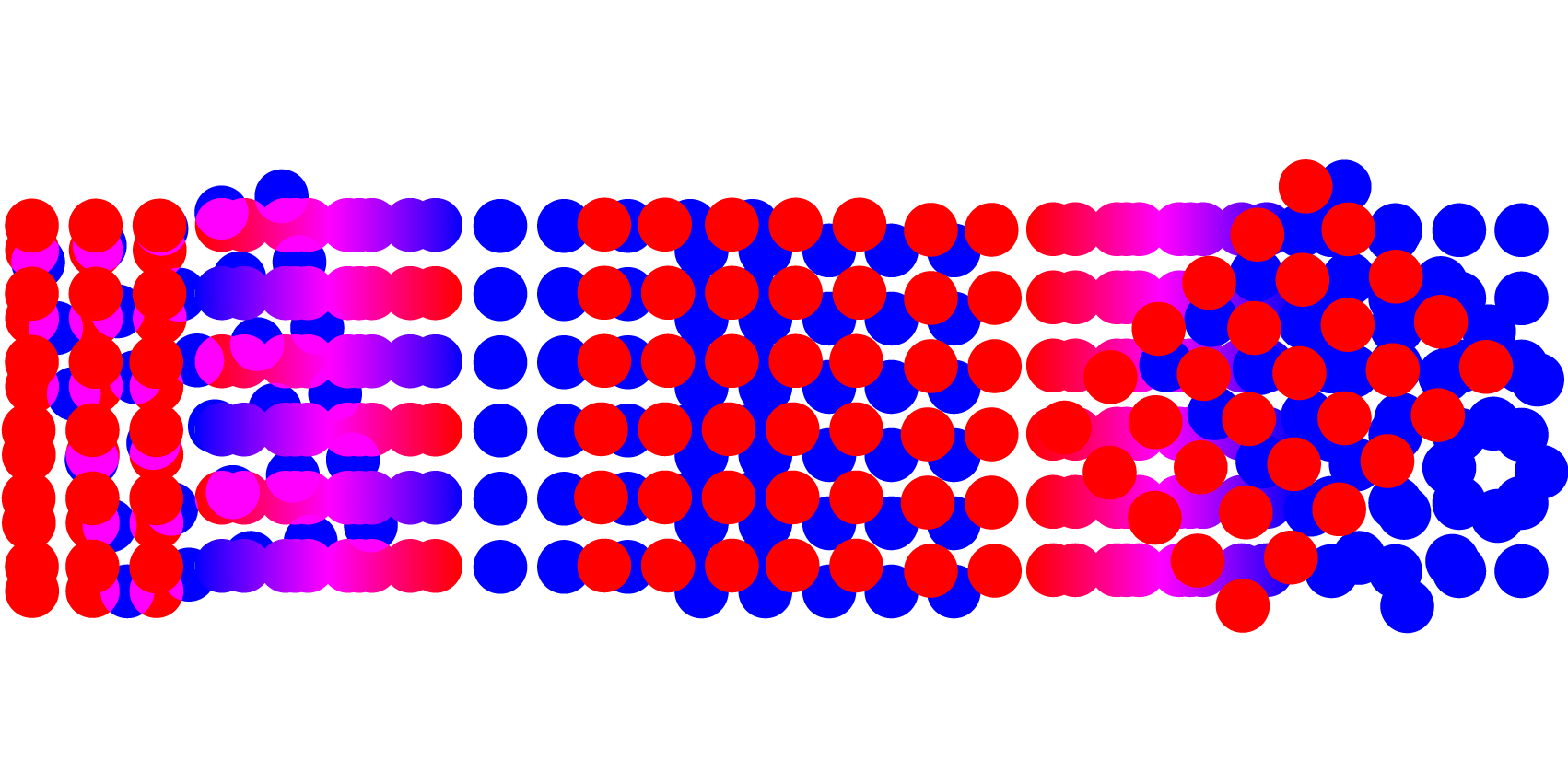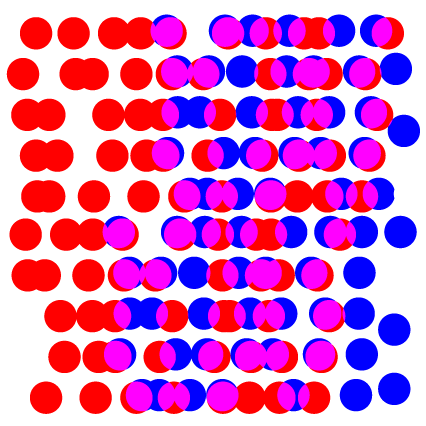Welcome to the DFG Research Training Group Contradiction Studies
The international and interdisciplinary Research Training Group (RTG) “Contradiction Studies” at the University of Bremen, funded by the German Research Foundation (DFG), has been exploring the formation, negotiation, and explanatory limitations of contradiction. We start from the assumption that the ordering figure of contradiction which includes the imperative of resolving contradiction often stands in a relationship of tension to experiences of the contradictory in everyday life. read more

News
-
Contradictions Festival – 10 years WOC
On the occasion of its tenth anniversary, the interdisciplinary collaborative research platform Worlds of Contradiction (WOC) is organizing the WOC Contradictions Festival from November 10–14, 2025, in cooperation with the Bremen DFG Research Training Group 2686 Contradiction Studies, the Berlin DFG Research Training Group 2638 Normativity, Critique, Change, the Bremen International Graduate School of Social…
-
RTG member Klaas Anders featured in two new podcast episodes on his research
RTG member Klaas Anders can currently be heard in two podcasts: In the podcast of the Institute of History at the University of Bremen, he talks about the migration experiences of signatories of Charter 77 and their new beginnings in Vienna. He is also a guest on the Radio Prague International podcast, where he discusses the Czechoslovak…
-
Welcome to the second cohort!
We warmly welcome the second cohort of DFG-funded and associated doctoral fellows to the Research Training Group 2686: “Contradiction Studies” at the University of Bremen! We’re excited to embark on this three-year journey together, exploring and advancing the concepts and methods of Contradiction Studies. Here’s to inspiring collaborations and fresh perspectives!
Publications
-
We explore how cultural heritage impacts climate policies in UNESCO World Heritage cities, where changes to the built environment are limited. Drawing on qualitative case study research in the German World Heritage cities of Lübeck, Regensburg, and Bamberg, we reveal that significant departmental conflicts between […]
-
These political decisions are linked to the question of the institutional location and the further development of artistic research in terms of content and aesthetics. The latter is addressed in the volume Permeations – Interpenetrations between Artistic Research and Aesthetic Theory, published by Spector Books […]
-
Mission collections throughout Germany represent the material and ideological colonial legacy of the churches. Franziska Moosmann shares her impressions of her analysis of a mission museum exhibition and invites readers on a tour of selected rooms. In doing so, she asks how postcolonial theology and the culture of remembrance can be challenged and transformed by…
The members of the RTG
The Research Training Group is run by thirteen faculty members of the University of Bremen and is a place of interdisciplinary exchange of empirical cultural studies, social and cultural anthropology, German and interdisciplinary linguistics, literary studies (Romance literary and cultural studies, North American and postcolonial literary and cultural studies, Medieval and Early Modern German literary studies), law, human geography, political science, history of Eastern Europe, philosophy, and religious studies.





